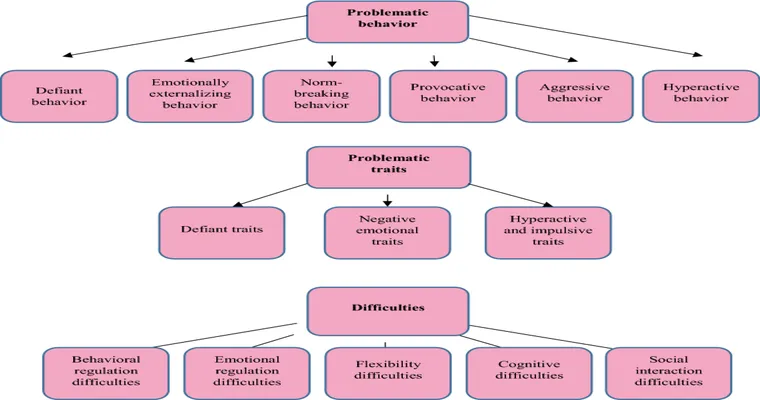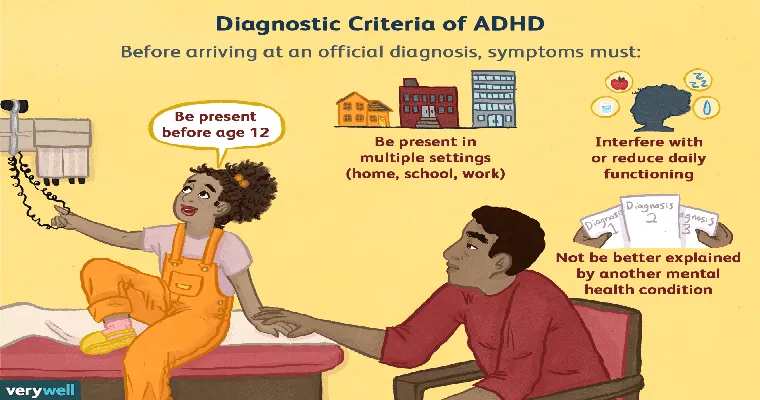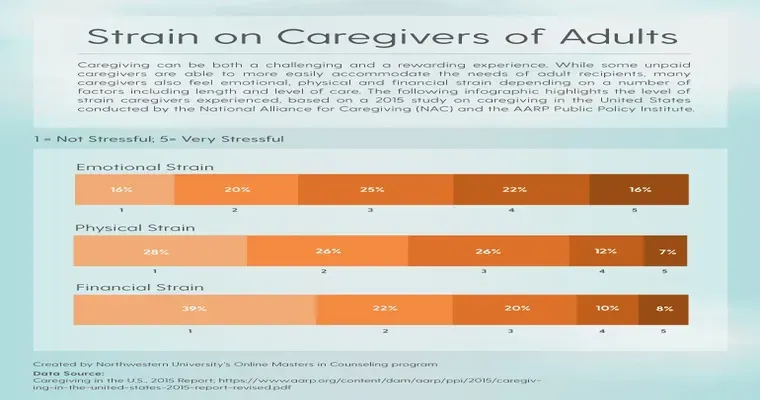Dealing with a "stubborn mother" who refuses to engage in "physical therapy" (PT), stay hydrated by drinking water, or discuss the possibility of moving closer to family can be incredibly challenging. As loved ones, it can be frustrating to witness their reluctance to take actions that could significantly improve their quality of life. However, understanding the underlying reasons for her behavior and implementing a thoughtful approach can help facilitate a positive change.
Understanding the Reasons Behind Resistance
Before taking action, it is essential to understand why your mother may be resisting these important aspects of her health. There could be various factors at play, including fear of change, anxiety about physical limitations, or simply a desire for independence. It’s crucial to approach her situation with empathy and patience, allowing her to express her feelings without judgment.
Open the Lines of Communication
One of the first steps in addressing this situation is to foster open communication. Create a safe space for your mother to share her thoughts and feelings. Ask her about her concerns regarding "physical therapy" and staying hydrated. Sometimes, simply allowing her to express her fears can lead to a better understanding of her perspective. Avoid pushing her too hard, as this may lead to further resistance.
Educate Gently on the Benefits
Once you have established a dialogue, gently educate her on the benefits of PT and staying hydrated. Explain how regular "physical therapy" can improve her mobility, reduce pain, and enhance her overall well-being. Share information about how proper hydration can lead to better energy levels and cognitive function. Ensure that the information is presented in a supportive manner, avoiding any tone that might come across as condescending.
Consider Professional Help
If your mother remains resistant, it might be beneficial to involve a professional. A doctor, physical therapist, or counselor can provide an unbiased perspective and may be more effective in discussing the necessity of "physical therapy" and hydration. Sometimes, hearing advice from an expert can resonate more than from family members.
Explore Alternative Approaches
If traditional "physical therapy" is met with resistance, consider exploring alternative approaches that might be more appealing to her. Gentle exercises at home, such as yoga or tai chi, can be less intimidating and more enjoyable. Additionally, remind her that staying hydrated doesn’t have to mean drinking plain water; she can consume fruits, herbal teas, or soups that can help keep her fluid intake up.
Discussing the Move
When it comes to the subject of moving closer to family or help, approach it delicately. Instead of framing it as a necessity, present it as an opportunity for more enjoyable interactions with family. Highlight the benefits of having support nearby, such as companionship and assistance with daily tasks. Encourage her to visit family for short stays to gauge her comfort level with the idea of relocating.
Creating a Support Network
Lastly, ensure that she knows she has a support network. Encourage family members and friends to reach out and check in on her regularly. This can help her feel less isolated and more inclined to open up about her feelings. Building a community around her can also make the idea of moving to be near help feel less daunting.
Conclusion
Navigating the complexities of a "stubborn mother" who refuses to engage in "physical therapy", stay hydrated, or discuss relocation requires patience and empathy. By fostering open communication, providing education, involving professionals, exploring alternative approaches, and building a support network, you can encourage her to take steps toward a healthier and more fulfilling life. Remember that change takes time, and your support can make all the difference.





